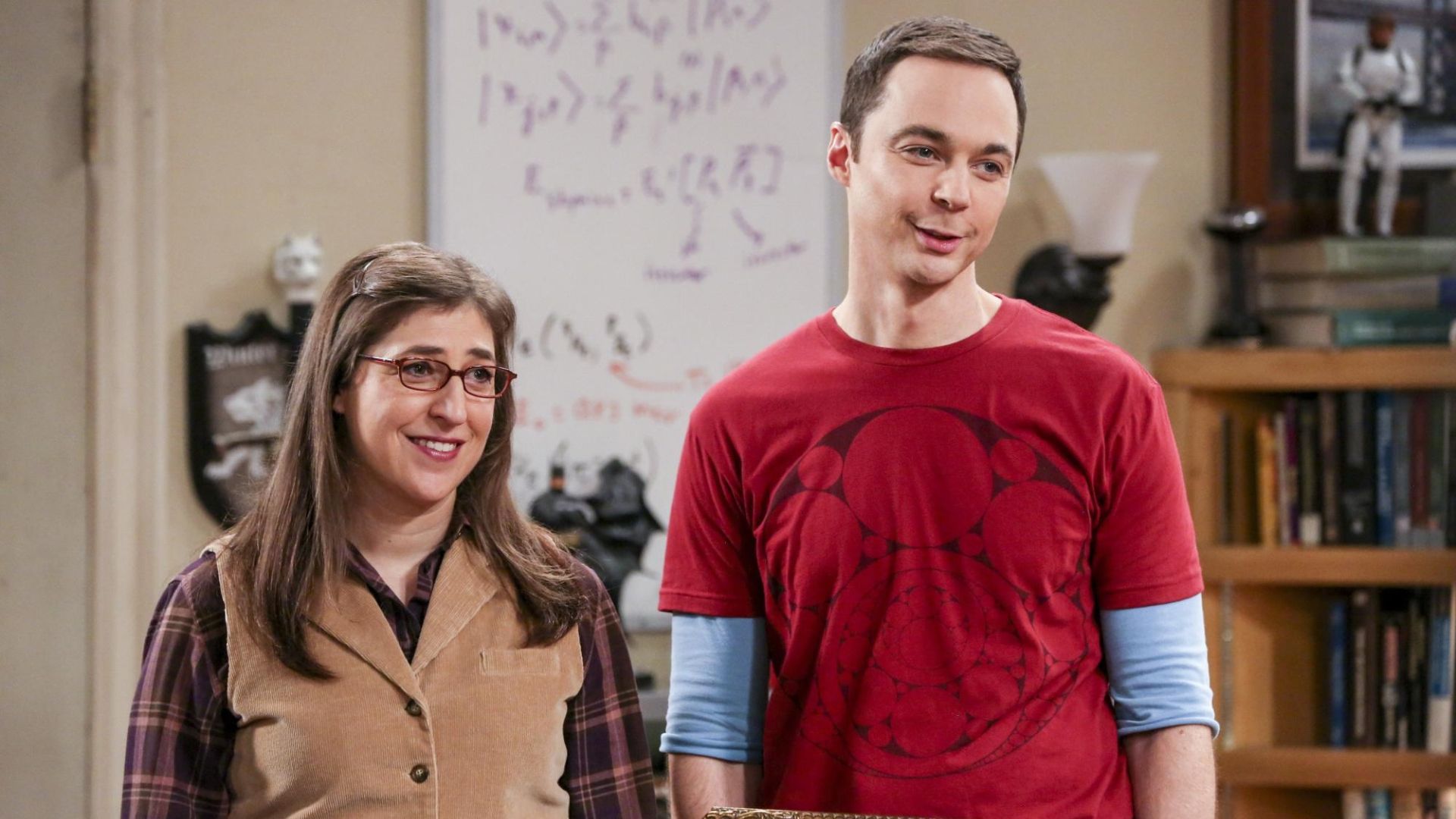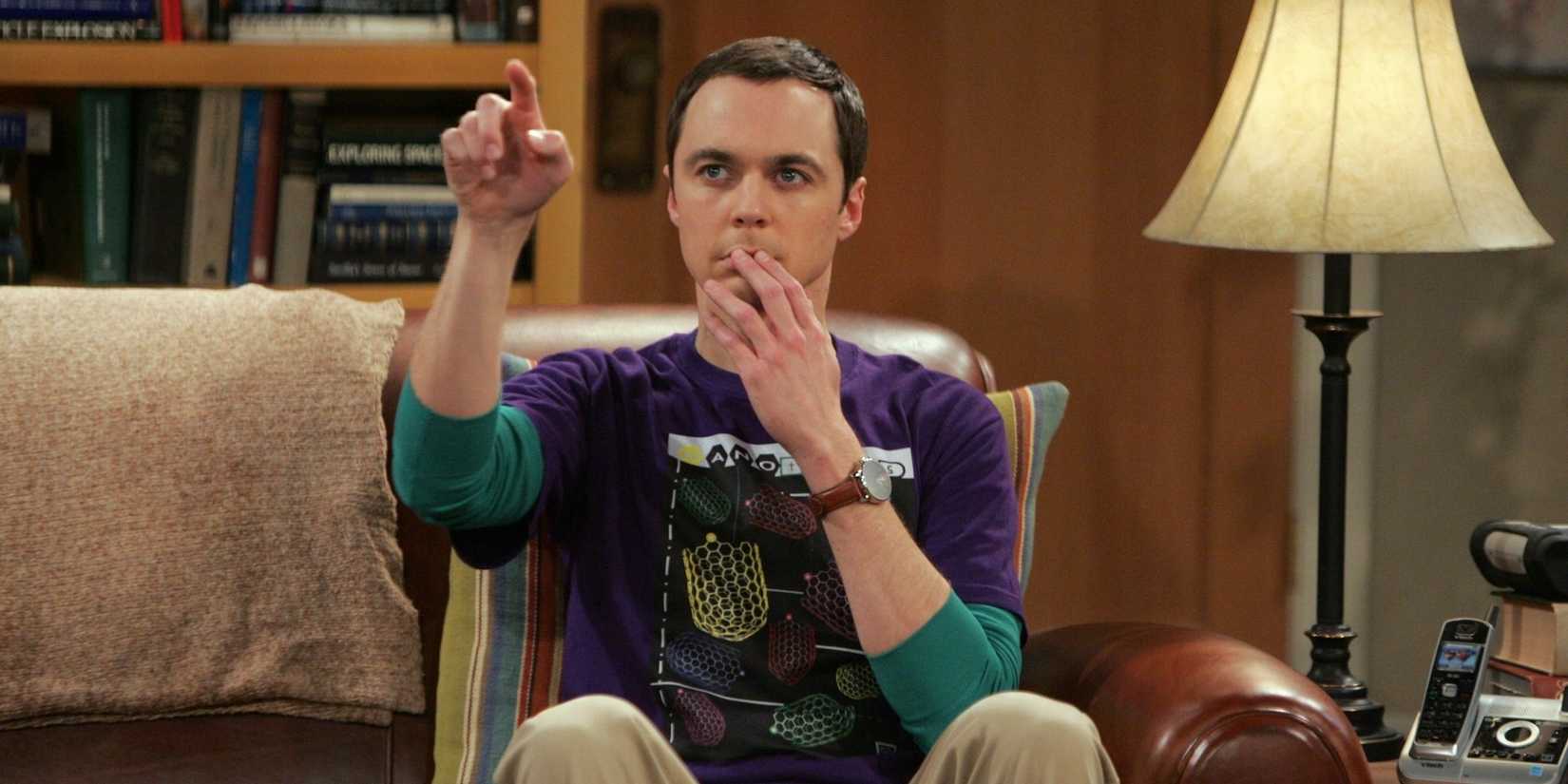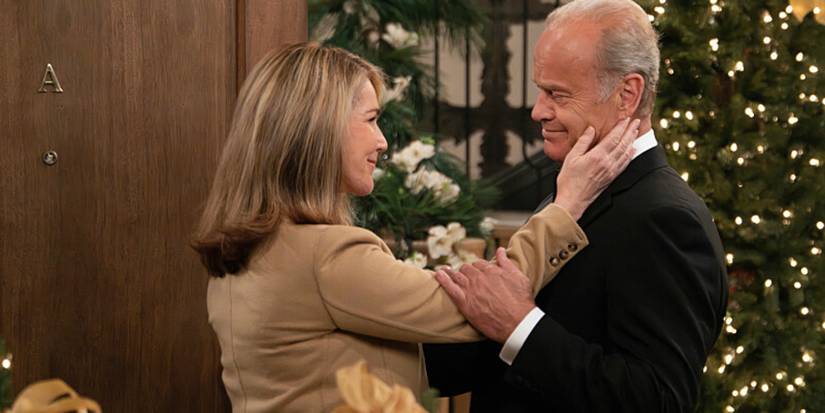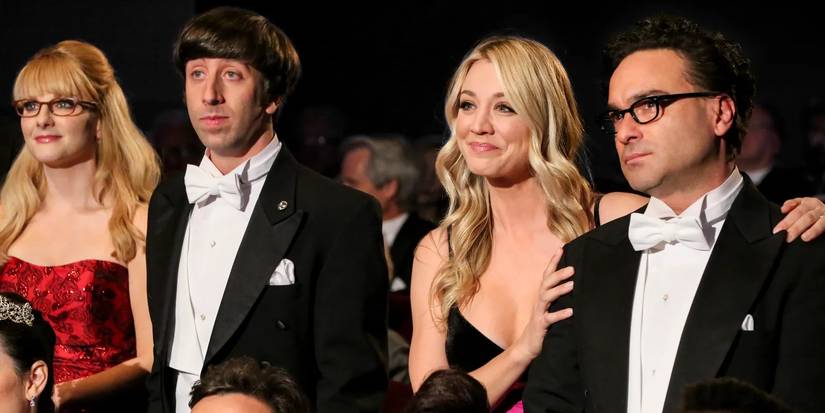
It’s hard to overstate how popular The Big Bang Theory was as a sitcom. Even though it finished airing in 2019, many fans are already hoping for a revival. But not everyone involved is on board with that idea. Jim Parsons, who played Sheldon Cooper, was hesitant, and his choice to leave was a major factor in the show ending after twelve seasons.
Jim Parsons has repeatedly said he’s not interested in bringing back The Big Bang Theory. Despite continuing his involvement with the franchise through narrating Young Sheldon, he recently restated his position. When asked about a possible reboot of TBBT, Parsons said he couldn’t see it happening, stating, “I can imagine, but no, I imagine no.”
Parsons made it clear he doesn’t want a reboot of The Big Bang Theory, and he’s right. While some fans might be disappointed, leaving the show as it is – a finished, beloved sitcom – is the best course of action, and there are several good reasons why.
The Big Bang Theory Would Have To Reinvent Itself A Second Time To Return
A Reboot Would Have To Find An Entirely New Identity To Work For Modern Audiences
 Courtesy CBS
Courtesy CBS
Rebooting The Big Bang Theory would be incredibly difficult. It couldn’t just recreate the original show, even with a brand new cast. When TBBT first aired in 2007, its comedy came from the funny and awkward lives of brilliant but socially awkward scientists like Sheldon and Leonard, and it often playfully teased aspects of geek culture.
The initial idea worked well because geeky interests were still fairly uncommon. Back in the late 2000s, things like Star Wars, Star Trek, and comic books weren’t widely discussed. But by the mid-2010s, things had changed. Being into that kind of stuff became much more mainstream, so the show needed to adapt to keep people interested.
As The Big Bang Theory continued, it moved away from relying on predictable character types and focused more on showing genuine emotional growth and stronger relationships between Sheldon, Penny, Leonard, Howard, Raj, Bernadette, and Amy.
The show’s evolution felt like a fresh start, and it succeeded because both the characters and the viewers grew up along with it. To make a reboot work now, it would need to redefine what it means to be a ‘geek’ for today’s world. However, things have changed – everyone is familiar with fandom and technology, so simply referencing superheroes or complex science isn’t special anymore.
Simply put, the cultural context that made The Big Bang Theory popular is gone. A reboot would need a completely fresh and relevant comedic approach, while still capturing the heart of the original show – a very difficult task. Trying to reinvent the series would likely result in something so different it wouldn’t really feel like The Big Bang Theory anymore.
Recent Sitcom Reboots And Revivals Haven’t Been Successful
Other Sitcom Revivals Prove Nostalgia Alone Isn’t Enough To Make A Reboot Work

It’s unlikely a Big Bang Theory reboot will succeed, given how poorly recent sitcom revivals have performed. Shows like That ‘90s Show, Frasier, and How I Met Your Father have all attempted to recreate the popularity of the original series, but haven’t been very successful in attracting viewers.
While That ‘90s Show tried to recapture the feel of That ‘70s Show, its new actors didn’t quite have the same connection or impact as the original cast. The 2023 revival of Frasier was enjoyable, but reviewers felt it lacked the special emotional depth and wit of the classic ‘90s series. And How I Met Your Father was canceled after only two seasons, demonstrating that even shows with existing fans aren’t guaranteed to last.
While occasional revivals like the upcoming 2025 King of the Hill reboot succeed, most attempts to bring back classic sitcoms just highlight how great the originals were. The Big Bang Theory, for example, remains popular on streaming services, attracting both new and returning viewers.
Those who love the show’s blend of wit and heart can rewatch all twelve seasons whenever they like. A reboot of The Big Bang Theory wouldn’t really build on that success, and could even diminish what made the original so special. Often, it’s best to simply enjoy fond memories as they are.
It’s Still Too Soon To Bring Big Bang Theory Back
The Big Bang Theory’s World Is Still Alive Through Its Spinoffs – There’s No Rush To Reboot It

Even if a new version of the show could be successful and avoid the mistakes of other revivals, now isn’t a good time. The Big Bang Theory only ended in 2019, just six years ago. Fans have already enjoyed Young Sheldon for seven seasons, and another spinoff, Stuart Fails To Save The Universe, is still coming, so the story is already continuing.
As a film and TV buff, it’s honestly a bit strange to think about reboots. With The Big Bang Theory, it feels like the show never really went away – it’s always on somewhere, constantly referenced in memes, and the Young Sheldon prequel is doing well. So, a full reboot would just feel… unnecessary, right? It’s different from the buzz around possible revivals of Malcolm in the Middle or Scrubs. Those shows have been off the air for over a decade, and that distance has given fans the space to really feel nostalgic and want a return. There’s a genuine longing there that’s missing with The Big Bang Theory.
A revival of The Big Bang Theory shouldn’t happen unless the creators have a truly fresh story to tell. Simply relying on nostalgia for characters like Sheldon and Penny wouldn’t be enough. Perhaps after another ten years, a new series could feel meaningful. But for now, Jim Parsons is correct – the original show is best left as it is, a classic sitcom that still holds up well today.
Read More
- All Golden Ball Locations in Yakuza Kiwami 3 & Dark Ties
- NBA 2K26 Season 5 Adds College Themed Content
- Hollywood is using “bounty hunters” to track AI companies misusing IP
- What time is the Single’s Inferno Season 5 reunion on Netflix?
- Gold Rate Forecast
- Brent Oil Forecast
- Exclusive: First Look At PAW Patrol: The Dino Movie Toys
- Heated Rivalry Adapts the Book’s Sex Scenes Beat by Beat
- EUR INR PREDICTION
- He Had One Night to Write the Music for Shane and Ilya’s First Time
2025-10-30 22:29